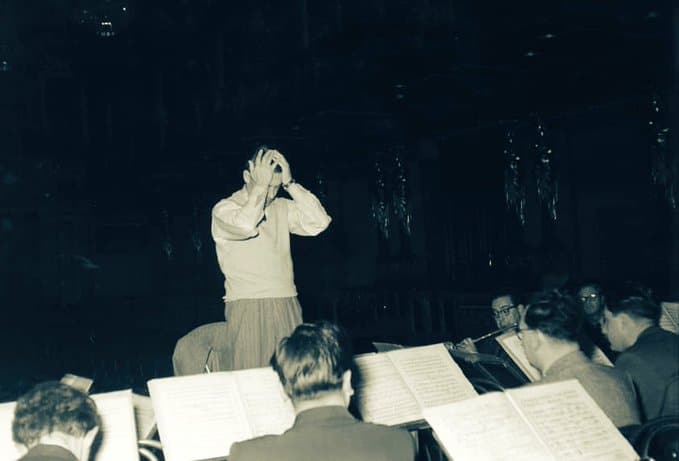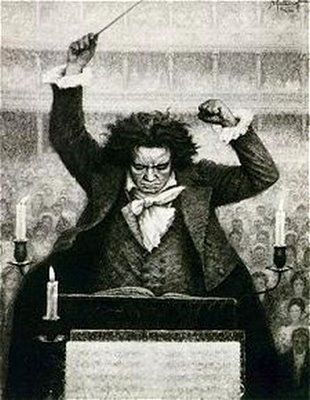Things musicians can claim against tax
NewsThe UK bookings platform Encore Musicians is circulating the following useful checklist:
1 Repairs and maintenance of instruments and equipment: Replacing strings, fixing broken drumsticks, tuning pianos, software upgrades, etc.
2 Music software and subscriptions: Scores, notation software, and even online training platforms related to your performance skills are fair game.
3 Instrument cases and stands: Sturdy cases and stands protect your valuable instruments and are considered business expenses.
4 Streaming equipment: Webcams, microphones, and lighting setups used for online performances or streaming music lessons can be claimed.
4 Home studio equipment: Soundproofing materials, mixing desks, microphones, and even studio furniture for dedicated workspaces are potentially deductible.
6 Learning and development: Workshops, masterclasses, and even specialised courses related to your musical or performance skills are deductible.
7 Instrument insurance: Protecting your musical tools is crucial, and insurance premiums are often allowed as business expenses.
8 Phone and internet bills: If you use your phone and internet primarily for work-related communication and promotions, a portion of the bills might be deductible.
9 Subscription boxes and online tools: Services like sheet music delivery subscriptions, online booking platforms, or music marketing tools can qualify under certain circumstances.
10 Wigs and accessories: For actors, pantomime dames, and anyone with outlandish stage personas, wigs, costumes, and special accessories can be claimed if they’re solely for professional use.
11 Hairdressing and makeup: Theatrical make-up, wigs, and even specific hairstyles for gigs or productions are deductible.
12 Mileage and travel: Car expenses, public transport fares, and even bike mileage for gigs and rehearsals are all claimable.
13 Musician earplugs and hearing protection: Maintaining hearing health is crucial and considered deductible.
14 Professional development memberships: Joining organisations like PRS for Music or Musicians’ Union.
15 Professional photography and videography: Creating promotional materials for your music career.
It’s important to remember:
Only claim legitimate and reasonable business expenses directly related to your music career.
Keep all receipts, invoices, and bank statements as proof of your claims.
Consider seeking professional advice from an accountant or tax advisor familiar with your industry’s taxation to maximise your claims and ensure compliance.
The specific items you can claim may differ depending on whether you are employed or self-employed or both. Consult HMRC’s guidance for detailed information.
Tax laws change, so keep informed and adjust your deductions accordingly.






And a good imagination, always useful.
Are you sure you’re an ex-fiddler?
I wonder how many will end up claiming national insurance payments abroad against their tax owing to hmrc’s utterly shambolic record on issuing A1 exemption forms. I know people that have been told they can expect to wait 11 months for a response from them. Not much use if you get offered work 6 months away….
Of course, the applicability of such deductions will vary from country to country. For example: The United States tax codes make no mention of “pantomime dames.”
I believe you should look to Mr. DeSantis for advice on those.
The USA tax code has its own language and standards and quirks and my advice to someone newly entering any trade or business, including being an employed or freelance/self-employed musician, is to obtain the advice and opinions of a tax professional because I see some rather iffy advice on the internet.
The American entertainer and talk show host Merv Griffin figured in one of the more interesting tax cases relating to an entertainer’s deduction of ordinary and necessary business expenses. He always wore beautifully tailored suits on his television show and deducted the expense of having them made from his taxable income. The IRS challenged the deduction on the basis that a nice suit can also be worn to perfectly private personal functions such as parties, church, and so on.
Heh. On the advice of his lawyers, Griffin had these suits specially tailored WITHOUT POCKETS. So they were purely attire for television hosting purposes. The IRS lost that one.
As I understand Canadian tax law, if he wore the suits, unmutilated, both on TV and in his private life, he would have been able to deduct a percentage of their cost. The percentage would have been estimated based upon how many times the suit(s) in question appeared on TV or in professional events related to the TV career and the number of times in the tax period he would have used it in private. One could be provably demonstrated, the other would be based upon a good faith declaration supported on his signature to his tax return.
At a meeting with a tax inspector (in the presence of my accountant) early in my career, the tax inspector tried to disallow my dinner jacket as I could “wear it to parties”. I pointed out that I didn’t move in such circles!